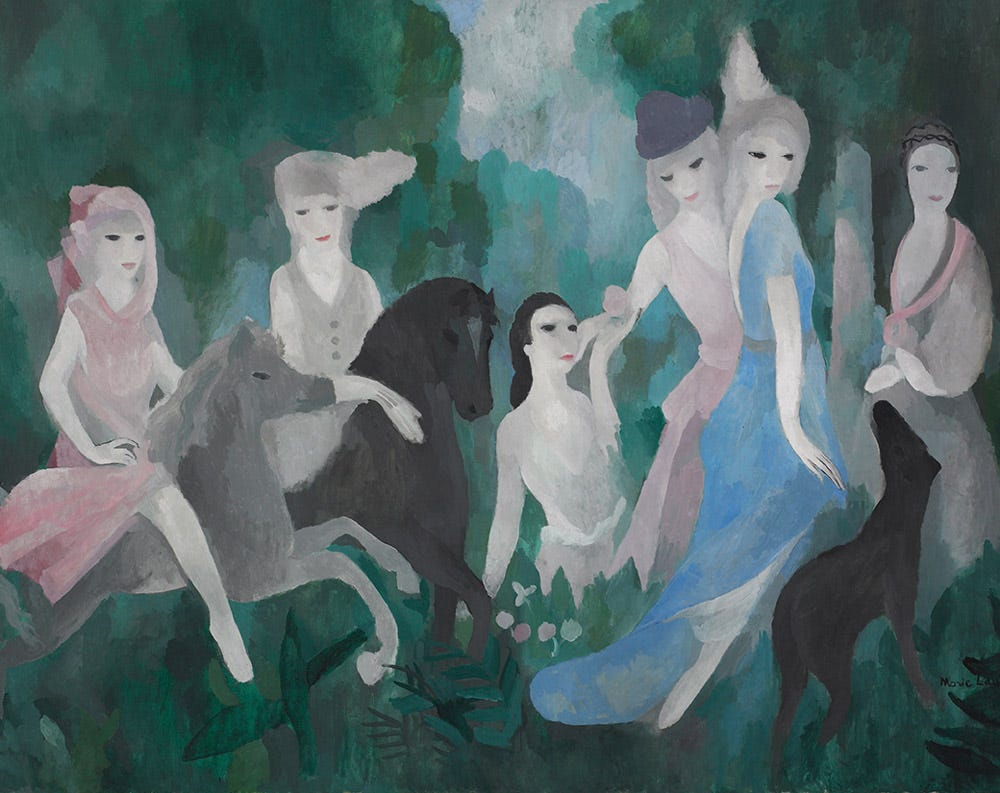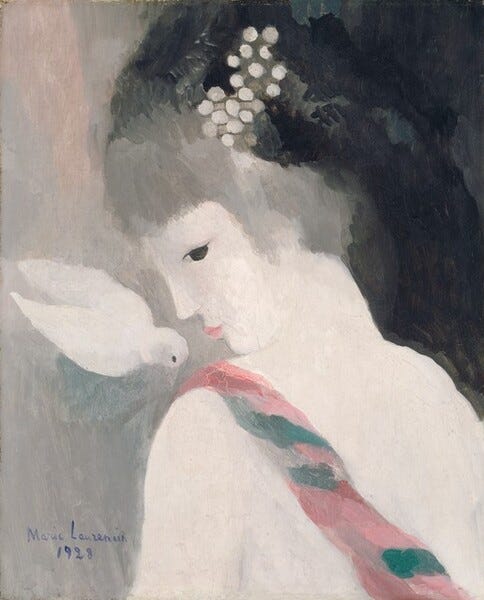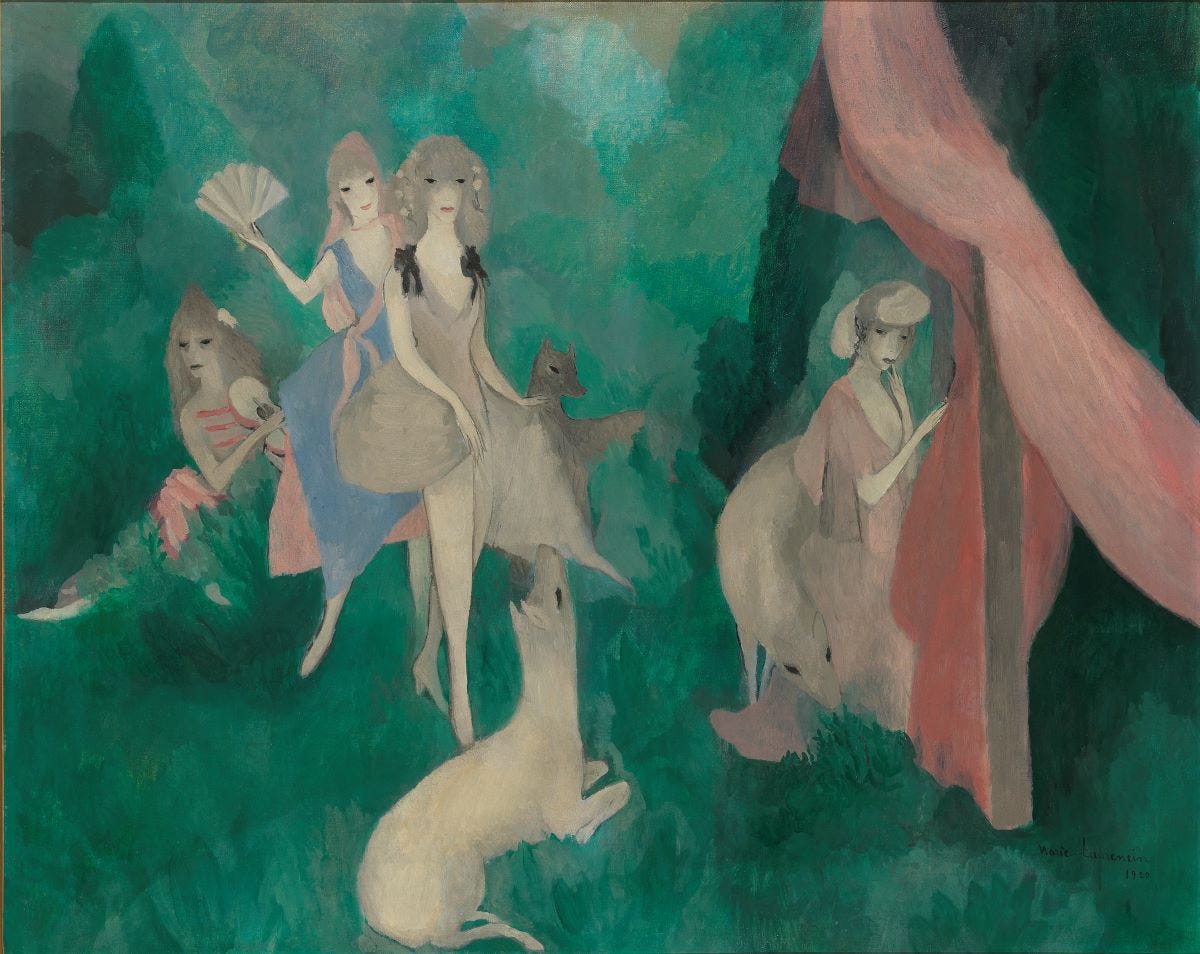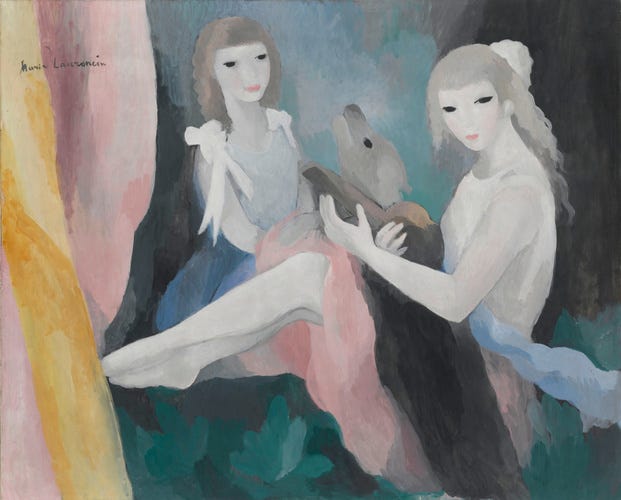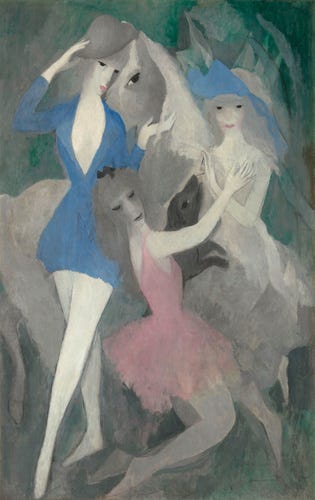Chapter 1: Nora Wakes Up
Sometimes, she’d even get caught up believing that she existed exactly as that. Weightless in emotion and thought, as if she was not what she had done, nor what had been done to her.
La vie au château
“You’ll come across many people who will want to be with you. People’s imaginations aren’t entirely idle; they can slot you into their futures easily. You have qualities that people wouldn’t mind spending time with, at least for a while. You could be the perfect girl for Anybody. We are conditioned to be obsessed with people falling in love with us. Reaching that point is seen as a success. We’re always asking, ‘Why do they act this way?’ And then morphing, cooing, comforting. By the time you win them over, you don’t know how to really love them in return because we never ask ourselves enough about what we want. Don’t ever forget you have the ability to choose.”
-Marlowe Granados, Happy Hour
"Yes. I want to ruin you." "Good," I said. "That's what I want too.” -Ernest Hemingway, A Farewell to Arms
Girl with a Dove
The rain had been falling for hours, a steady murmur against the roof. Its noise whispered through the narrow streets, seeping into the bones of the city. Nora opened her eyes to the surprising light of a late morning. It was 11:45. Tuesday. Paris was a wet postcard outside her window. She stretched in her bed.
No one was waiting for her. There was no text buzzing on her phone, no email demanding her attention. The world beyond her apartment felt distant, like a film she watched through glass. Nora could stay in bed all day if she wanted to. But she wouldn’t. She could never sink too deeply into comfort; it was a slippery slope to nowhere.
Carefully, and with what little strength she had, Nora swung her legs over the edge of the bed, her bare feet meeting the cold wooden floor. The room was small, barely big enough for the bed and an end table by the window. It housed a few books, a chipped mug she used for water and wine, and a dying plant that had somehow managed to outlive her interest in it.
The apartment was on the outskirts of the Marais—far enough to be cheap but close enough that she could still feel like she was part of something, even if she wasn’t. The neighborhood was for those with money to burn and lives to live. Nora had neither, but she had this space, her corner of the world.
With little thought to what she was doing, Nora ran her feet against the smooth floor. They slipped and slid—there was little friction against the idle act. Her mind wandered back to the day she’d found this apartment. She’d been desperate then, too—the sort of desperation that comes when you’ve run out of options. All that’s left are the choices you’d been avoiding.
Nora had paid for the first month in cash—euros she’d saved from her last arrangement. It was enough to give the landlord visible peace of mind, but he walked away, muttering to himself something about young girls being trouble on their own. But Nora wouldn’t be. Not this time.
Femmes dans la forêt
It had ended with a whisper. The man—his name something forgettable—was only in Paris for the month. She had always known he’d leave. And wasn’t that the point? Not to get too attached, never to get too attached. Other women deserved that. They were designed for it. Nora simply filled in the gaps.
You’re a lot warmer in person, he’d told her when they’d met that first evening. Her written voice was cold, unattached, and even dismissive. But he was curious, and he had to meet her.
Nora had always wanted to see herself as others did—light, unconcerned, unaware of the truths and realities that kept her constricted and bound. But she had just smiled, thinking, You are a deeply loathsome person.
In truth, he was just another name in a long list of them, faces that blurred together in her mind—something like a painting viewed too close.
Nora hated men but considered them a necessary evil. She was conscious of her diction on dating profiles, skipping over anything one would normally consider important—hobbies, favorite TV shows, favorite anything. Instead, Nora found it most pressing to act with efficiency. Keep the attention on him. Always.
Regardless, they were looking at her photos. It was a reciprocal instinct—and has always been the laziest way we can understand a person, believing that what is displayed outwardly is more than simply a product of Good Genes. Of course, her appearances were not born of that, but Nora loved the lightness they displayed—her mouth open, laughing at some long-forgotten joke or a sparkle whose source lies just outside of view. Sometimes, she’d even get caught up believing that she existed exactly as that. Weightless in emotion and thought, as if she was not what she had done, nor what had been done to her.
Femmes au chien
Nora considered her options. There weren’t many. She could go to a café, bring her book. Pretend to read. She could visit the Musée de l’Orangerie—skirting past Monet’s Water Lilies and making her way straight downstairs to the Laurencins. Nora loved the dream-like, fantastical worlds. It wasn’t a coincidence that her paintings imagined a world without men—where everything felt decidedly softer. Beauty for beauty’s sake. She hadn’t been for a while, and it was free if she timed it right. Or she could stay here, in this room that had become both her sanctuary and prison.
In truth, nothing was tying her to Paris, nothing holding her here except inertia and the comfort of the familiar.
Paris, this room, and the rain made her feel like the world was on pause, just for a moment. But she couldn’t let it be all she had. Nora’s greatest skill was seeing Plan B when no alternative appeared possible. There had to be something else she could do.
Danseuses espagnoles
She thought about food. Half a baguette left on the counter from yesterday, stale but still edible. She could make lunch, maybe some cheese, whatever was left in the fridge. But the idea of eating alone, again, in this quiet room, felt too much like giving up.
Nora walked to the bathroom, the tiles cold underfoot. She looked at herself in the mirror—her reflection pale in the dim light. There was beauty still, but hers was different now, edged with something sharper. She was no longer the girl she’d been at twenty-one, when she’d first arrived in Paris, fresh-faced and full of dreams that had since turned to dust. Nora was harder now, the softness worn away. She had survived, but survival wasn’t the same as living.
She’d leave, Nora knew. She would try elsewhere.
She turned on the tap, splashing water on her face. The coolness woke her up, a reminder that she was still here. She had to keep moving, keep thinking. The day stretched out before her, empty and full of possibilities that all felt the same.
She would go out, find a café, and let the city decide for her. Maybe something would happen. Maybe nothing would. Either way, the rain would keep falling, and she would keep moving, one foot in front of the other, searching for something she couldn’t quite name.
But first, she needed to get dressed.




